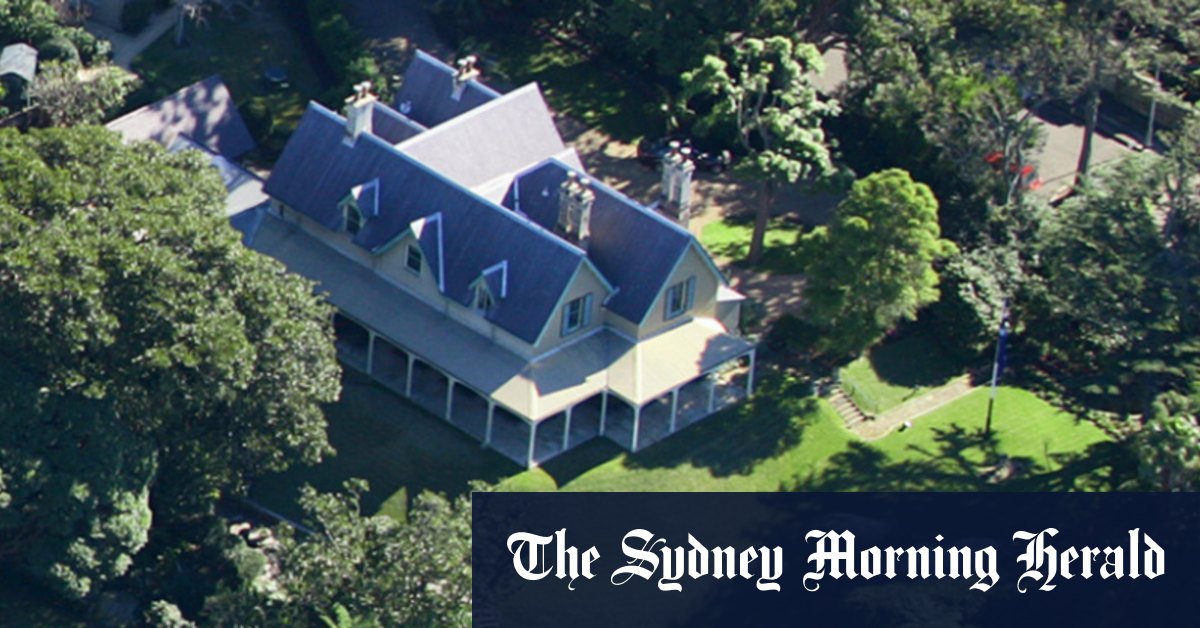Dutton's Kirribilli House Claim: Hypocrisy Exposed? A Deeper Dive into the Controversy
Peter Dutton's recent claim regarding his use of Kirribilli House has sparked a firestorm of controversy, with accusations of hypocrisy and a blatant disregard for transparency swirling. The incident raises significant questions about the use of taxpayer funds and the ethical standards expected of high-profile politicians. This article delves into the details of the controversy, examining the conflicting narratives and exploring the broader implications.
The Claim and the Counter-Claim
Dutton, while serving as Opposition Leader, reportedly claimed to have spent considerable time at Kirribilli House, the official residence of the Prime Minister, for reasons related to security and operational needs. This claim, however, has been met with significant pushback, particularly given his previous vocal criticisms of the Labor government's spending habits. Critics argue that his use of the luxurious residence, alongside assertions regarding security concerns, lacks transparency and accountability. Official records, or the lack thereof, seem to be at the heart of the disagreement.
The government's response has been equally controversial, with some suggesting a lack of willingness to fully disclose the details surrounding Dutton's stays at Kirribilli House. This lack of clarity fuels speculation and further intensifies the public’s scrutiny. The debate highlights a growing demand for greater transparency and accountability in the use of public resources by government officials.
Hypocrisy Allegations and Public Perception
The core of the controversy revolves around the perceived hypocrisy. Dutton's past pronouncements on government spending and his subsequent actions regarding Kirribilli House appear incongruent to many Australians. This discrepancy has fueled public anger and eroded trust in the political process. Social media has been ablaze with comments condemning the perceived misuse of taxpayer money and highlighting the double standards allegedly at play.
- Key accusations levelled at Dutton include:
- Lack of transparency regarding the frequency and purpose of his stays at Kirribilli House.
- Inconsistency between his public statements on government spending and his personal use of taxpayer-funded resources.
- Potential breach of ethical standards expected of a high-ranking political figure.
The incident has undoubtedly damaged Dutton's public image, potentially impacting his future political prospects. The affair serves as a stark reminder of the importance of ethical conduct and transparency in public life.
The Broader Implications: Transparency and Accountability
The Dutton-Kirribilli House controversy transcends a single incident; it highlights a broader issue concerning transparency and accountability within Australian politics. The public demands greater openness in the use of taxpayer funds and expects politicians to adhere to the highest ethical standards. This incident underscores the urgent need for stricter regulations and clearer guidelines regarding the use of official residences and other taxpayer-funded resources by government officials.
- Moving forward, crucial steps should include:
- Strengthening transparency measures related to the use of official residences.
- Implementing stricter guidelines to prevent potential misuse of taxpayer funds.
- Establishing independent oversight mechanisms to ensure accountability.
This controversy serves as a cautionary tale for politicians, emphasizing the importance of maintaining ethical conduct and transparency in all aspects of public service. The public demands accountability, and any perceived deviation from these standards can have significant consequences. The outcome of this situation will undoubtedly shape future discussions on ethical conduct and transparency within Australian politics. Only time will tell the full impact of this unfolding saga.

